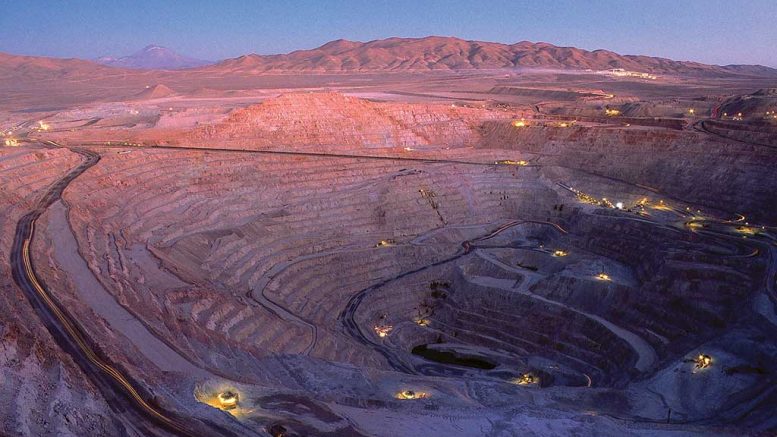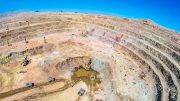A Chilean environmental court will look into the State Defence Council’s (CDE) allegations that the Escondida copper mine, the world’s largest, has caused “irreparable damage” to the Punta Negra salt flat, in the northern Antofagasta region.
In the lawsuit filed against the mine, majority-owned by BHP (NYSE: BHP; LSE: BHP), the government agency claims Escondida generated, between 1990 and 2017, “continuous, cumulative, permanent and irreparable environmental damage of Punta Negra.”
The bone of contention is the mine’s now-abandoned practice of drawing water from the salt flat. The area’s natural resources have been depleted after decades of mining activity in and around the Atacama desert, the driest place on Earth.
The lawsuit centres on seven allegations: Severe decrease of the salar’s aquifer’s levels; deterioration or impairment of saline substrate; total or partial depletion of wetlands and associated vegetation; ecosystem loss; modification or loss of wildlife habitat; and biodiversity loss.
Northern Chile, which hosts some of the planet’s largest copper and lithium mines, is occasionally hit by heavy rains and floods. However, according to the country’s water authority, DGA, the area has become drier over the last decade. This has added an extra layer of difficulty for mining companies with projects and operations nearby, at times when the industry’s demand for water is expected to soar as ore grades decline.
A spokesperson for BHP acknowledged the claim filed in the Chilean Environmental Court, but in an email on April 16 said it had not been served. “We will assess the claim when that happens,” it said.
BHP announced in January it would stop getting water from underneath the Atacama salt flat and would use instead desalinated water brought from coastal plants.
The miner’s decision to not renew a permit to pump 428 litres per second of underground water is expected to reduce pressure on the vast, lithium-rich salt flat. The plain is home to top lithium miners Albemarle and SQM, which also extract fresh water from underneath it.
The company said it stopped extracting water from the Punta Negra acquifer in 2017 and that Escondida is the first mine in the country to operate using 100% desalinated water.
— This article first appeared in our sister publication, MINING.com.






Be the first to comment on "Chile court looks at alleged Escondida breaches"